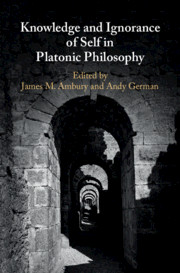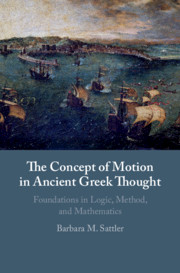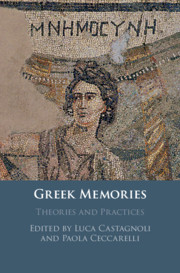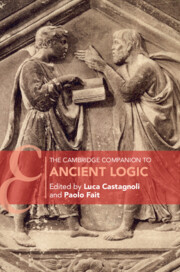Ancient Self-Refutation
A 'self-refutation argument' is any argument which aims at showing that (and how) a certain thesis is self-refuting. This study was the first book-length treatment of ancient self-refutation and provides a unified account of what is distinctive in the ancient approach to the self-refutation argument, on the basis of close philological, logical and historical analysis of a variety of sources. It examines the logic, force and prospects of this original style of argumentation within the context of ancient philosophical debates, dispelling various misconceptions concerning its nature and purpose and elucidating some important differences which exist both within the ancient approach to self-refutation and between that approach, as a whole, and some modern counterparts of it. In providing a comprehensive account of ancient self-refutation, the book advances our understanding of influential and debated texts and arguments from philosophers like Democritus, Plato, Aristotle, Epicurus, the Stoics, the Academic sceptics, the Pyrrhonists and Augustine.
- First book-length treatment of the topic
- Interdisciplinary study, combining historical, philological, logical and philosophical analysis
- All Greek and Latin is translated to accommodate readers without these languages
Reviews & endorsements
"The prose is clear and precise … The analyses are consistently rigorous and sensitive to philological detail. Ancient Self-Refutation is a tour de force."
Harald Thorsrud, Agnes Scott College
"… [this] book is fascinating, well-written, and a joy to read … Accessible to both the scholar and the layman, it would serve well as supplementary material on a course on ancient dialectics as well as a resource for the historian and philosopher of the ancient Greek and Latin tradition."
Sara L. Uckelman, Logical Analysis and History of Philosophy
Product details
November 2010Hardback
9780521896313
416 pages
235 × 158 × 27 mm
0.8kg
4 b/w illus.
Available
Table of Contents
- Introduction
- Part I. Truth, Falsehood and Self-Refutation:
- 1. Preliminaries
- 2. A modern approach: Mackie on the absolute self-refutation of 'nothing is true'
- 3. Setting the ancient stage: Dissoi Logoi 4.6
- 4. Self-refutation and dialectic: Plato
- 5. Speaking to Antiphasis: Aristotle
- 6. Introducing peritroph: Sextus Empiricus
- 7. Augustine's turn
- 8. Interim conclusions
- Part II. Pragmatic, Ad Hominem and Operational Self-Refutation:
- 9. Epicurus against the determinist: blame and reversal
- 10. Anti-sceptical dilemmas: pragmatic or ad hominem self-refutations?
- 11. Must we philosophise? Aristotle's protreptic argument
- 12. Augustine's 'Si fallor, sum': how to prove one's existence by Consequentia Mirabilis
- 13. A step back: operational self-refutations in Plato
- Part III. Scepticism and Self-Refutation:
- 14. Self-bracketing Pyrrhonism: Sextus Empiricus
- 15. Scepticism and self-refutation: looking backwards
- Conclusion.







